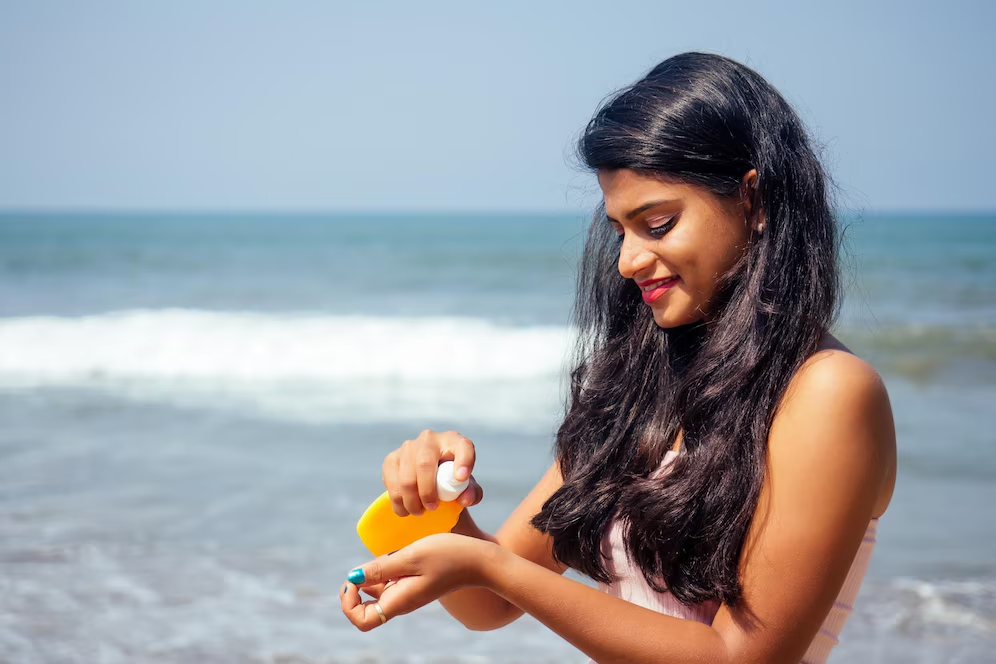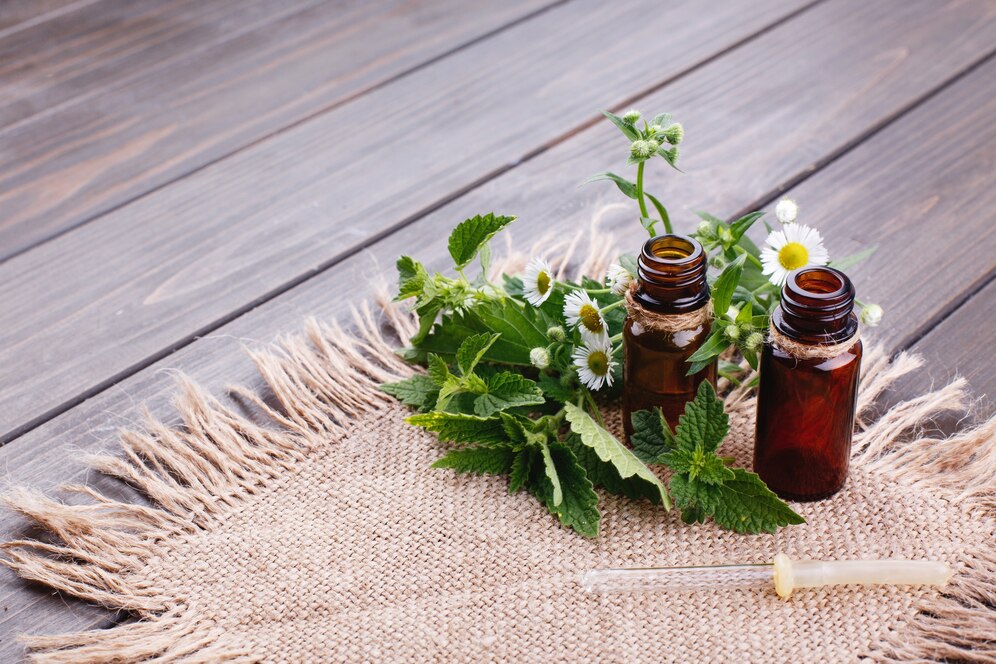Contents
How to Tan Safely and Take Care of Your Skin
Being outside in the sun can be great, especially when it’s warm. That golden glow on your skin? It’s a tan from the sun. Your skin naturally gets darker to protect itself from the sun. It’s okay to want a little colour, but you need to know how to keep your skin safe while you get it.
What Happens to Your Skin When You Tan
Melanin is a natural colour that gives your skin its colour. Your body makes more melanin when you are in the sun to protect the deeper layers of your skin. This is what makes your skin darker. But keep in mind that your skin may look tanned, but that doesn’t mean it’s completely safe. Too much sun can still hurt it.
Why You Should Be Careful in the Sun
A tan may make you feel good about how your skin looks, but it also means that your skin has been under a lot of stress. Too much time in the sun can cause:
-
Sunburn—the skin gets red, hot, and sometimes peels.
-
Early aging—lines, spots, or wrinkles may show up sooner.
-
Skin problems: Too much exposure to UV rays can cause serious problems, such as skin cancer.
A Step-by-Step Guide to Safe Sun Exposure
To enjoy the sun without hurting your skin, follow these easy steps:
- Put on sunscreen: Use SPF 30 or higher. Put it on 15–20 minutes before you go outside and reapply every 2–3 hours. Buy sunscreen online
- Stay Away from Busy Times: Sun is strongest from 10 a.m. to 4 p.m. Try to stay in the shade.
- Protective clothes: Hats, sunglasses, and light scarves help keep your skin safe.
- Look for Shade: Sit under trees, umbrellas, or other covered areas.
- Keep Your Skin Moist: Drink water and use a moisturiser to keep your skin healthy.
How to Get Rid of a Tan or Even It Out in Steps
If you’ve been in the sun too long, try these remedies:
- Lemon Juice: Apply fresh juice, but avoid going outside immediately.
- Gel from Aloe Vera: Calms and heals sun-exposed skin.
- Juice or slices of cucumber: Helps fade tan marks naturally.
- Tomato Pulp: May make skin tone more even over time.
- Use creams that brighten: Look for creams with vitamin C, glycolic acid, or liquorice extract. Test small areas first and consult a dermatologist if needed.
Don’t miss: Foods to Avoid for Fair Skin or Acne
FAQs
Can I still get a tan when it’s cloudy?
Yes! Always wear sunscreen daily because UV rays penetrate clouds.
How long does a tan last on its own?
Tans usually fade in 2–4 weeks. Moisturising, drinking water, and gentle scrubbing can speed things up.
Do I only need sunscreen at the beach or pool?
No, sunscreen is necessary every day, even during errands or near windows, because sun exposure accumulates.
Do tans last forever?
No, tans naturally fade as your skin sheds dead cells.
Can I use home remedies every day to get rid of a tan?
Natural remedies like aloe vera or cucumber can be used daily, but monitor your skin’s reaction and avoid overuse.
Watch this helpful video on safe sun tanning tips and natural remedies to remove tan.
This information is not a substitute for advice from a doctor or skin care expert. If you have sensitive skin or any other skin issues, consult a dermatologist before trying new products or treatments. Always do a patch test before applying on larger areas.





